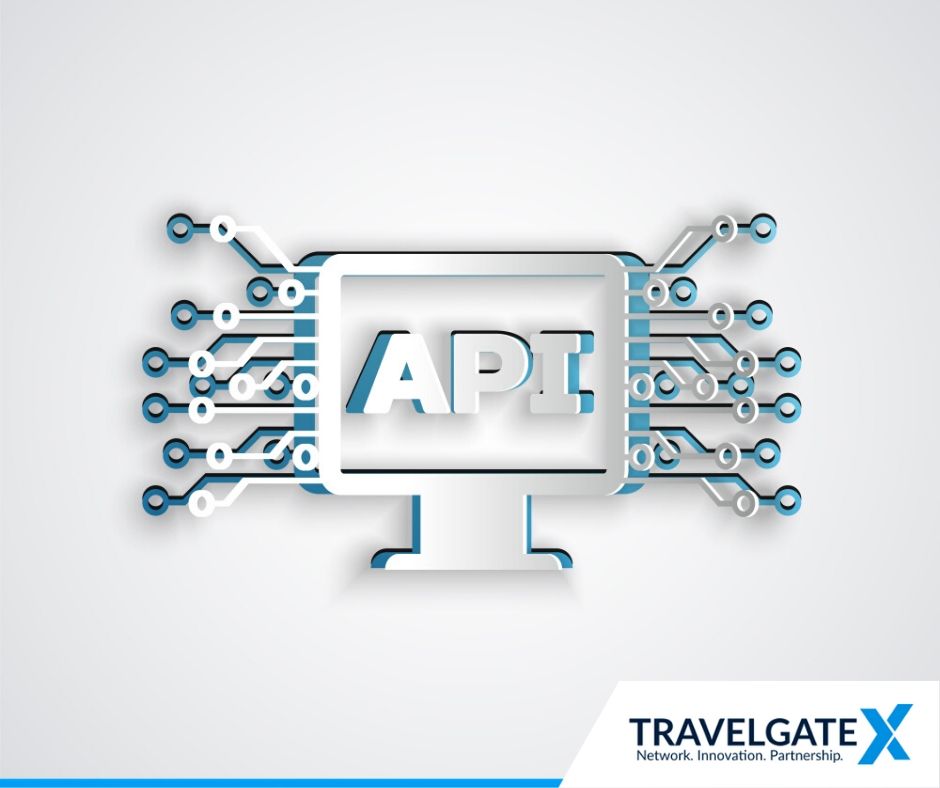APIs in the tourism sector: what are they and how do they work?
Posted by
Vero

APIs in the tourism sector, or as they are commonly known: Travel APIs, have radically changed the way we understand the tourism industry today. No. We are not exaggerating. They are behind all the buying and selling processes in the sector, and the larger the tourism company, the more it depends on them to be able to continue increasing their level of purchase and/or sale of products.
What is tourism APIs?
APIs (Application Programming Interface) are the pieces that connect various agents in the global tourism sector. They let you make the most of your resources, offering your tourism products (hotels, flights, rental cars…) in the most interesting manner possible while enabling cost savings in many ways.
How do APIs work in tourism?
What they do is turn something very complex into something very simple. Generally speaking, all APIs work as interpreters, or translators, between different technologies (software) and databases managed by different actors that make up a sector. In the specific case of tourism APIs, XML integrations allow for connections between hotels and car rental companies, hotels, OTAs, flights, and hotels, etc.
Put simply, tourism APIs make it possible for users to visit a hotel website and not only book their accommodation but also rent a car to discover the destination during their holiday.
How? By integrating the booking engine for the rooms into that of a company, or companies, renting out cars. In this way, the hotelier gets a double benefit: One is direct: adding a commission to the rental price of the vehicle; the other is indirect: being able to offer guests interesting services without them having to leave the website.
The TravelgateX API as an example
To understand this reality and all its advantages better, we can analyse how the tourism API developed by TravelgateX works. This API has created the biggest marketplace for tourism buyers and sellers in the world, including more than 600 suppliers, without start-up costs and with a maintenance system as well as integrated support.
Technological innovation.- The first feature to take into account is that the API is developed by programmers for programmers, and the only one in the tourism sector based on GraphQL technology, invented by Facebook. Quick, efficient and very easy to use.
Maximum customisation and precision.- Another feature that makes the TravelgateX API unique among the APIs in the travel industry is that it has made it possible to create a tourism marketplace where every user need can be customised thanks to the use of Machine Learning and Artificial Intelligence systems. It provides results that are as adapted as possible to the request sent: if I want all the double rooms in 4-star hotels, sold in a specific destination, it will only take a few thousandths of a second to find that information and get it back to me, then show it on my website, ready for sale.
Maximum flexibility.- The TravelgateX API stands out as the most flexible tourism API and the most complete solution at this point in time. It can be used by any type of agent in the travel sector, be it an OTA, a large hotel chain, a small country hotel, an airline or a local car rental company. This flexibility is obtained, above all, thanks to all the added extras on offer (Hotel-X, Insights-X, Distribution-X, Inventory-X, Speed-X…) and the support provided by the company’s Development Department to all our partners.